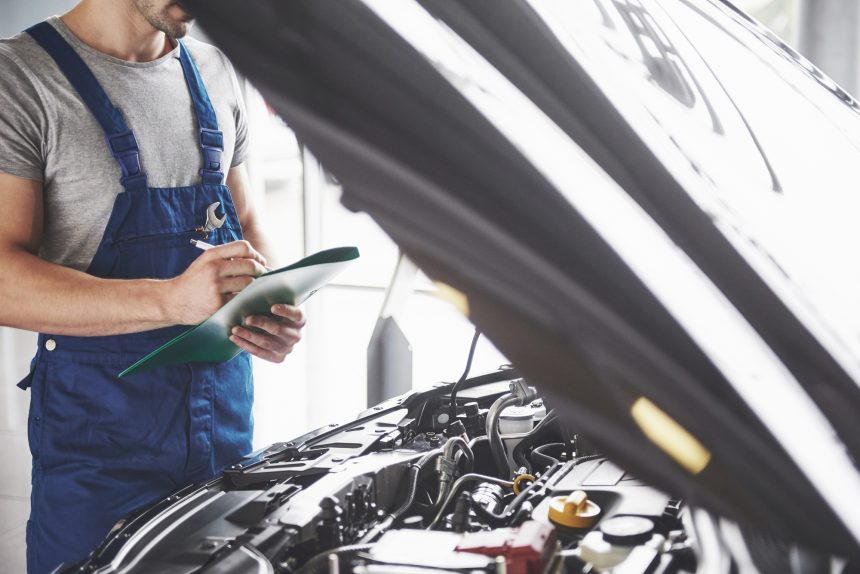Regular car inspection is a legal requirement in Texas to ensure that vehicles on the road are safe to drive. These inspections are designed to check for any issues that could affect the safety and performance of your vehicle. It is essential to stay up-to-date with your car inspection to avoid costly fines and to ensure that your car is running as safely and efficiently as possible.
What Does a Car Inspection in Texas Cover?
A car inspection in Texas covers a wide range of safety and emissions-related components of your vehicle. Some of the items that are checked during an inspection include:
- Brake system
- Steering and suspension
- Tires and wheels
- Lighting and electrical systems
- Emissions control
- and much more.
The Importance of Regular Brake Inspection

One of the most important components of a car inspection in Texas is the brake system. Regular brake inspections are essential for ensuring that your brakes are in good working condition and that your car is safe to drive. During an inspection, the inspector will check the brake pads, rotors, and other components for wear and damage. If any issues are found, they will need to be addressed before your car can pass the inspection.
The Importance of Regular Suspension and Steering Inspection
Another important aspect of a car inspection in Texas is the suspension and steering system. Regular inspections are essential for ensuring that your car is handled properly and that there are no issues that could affect the performance and safety of your vehicle. During an inspection, the inspector will check the shocks, struts, and other suspension components for wear and damage. They will also check the steering components, such as the steering rack and tie rods, for any issues.
The Importance of Regular Tire and Wheel Inspection
Regular tire and wheel inspection is also an important aspect of a car inspection in Texas. Tires and wheels are critical components of your vehicle and need to be in good working condition to ensure that your car is running safely and efficiently. During an inspection, the inspector will check the tires for proper tread depth and any signs of wear and damage. They will also check the wheels for any issues, such as bent or cracked rims.
Conclusion
Regular car inspection is a legal requirement in Texas to ensure that vehicles on the road are safe to drive. These inspections cover a wide range of safety and emissions-related components of your vehicle, including the brake system, steering and suspension, tires and wheels, lighting and electrical systems, and emissions control. Staying up-to-date with your car inspection is essential for avoiding costly fines and for ensuring that your car is running as safely and efficiently as possible.












